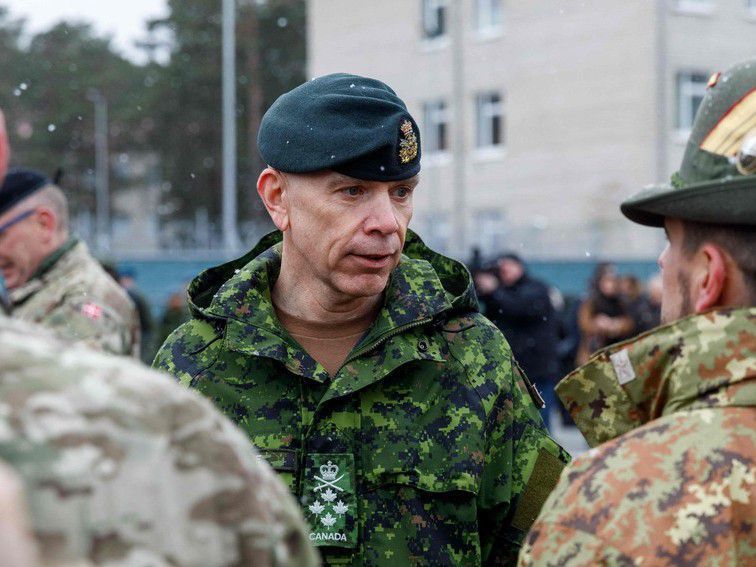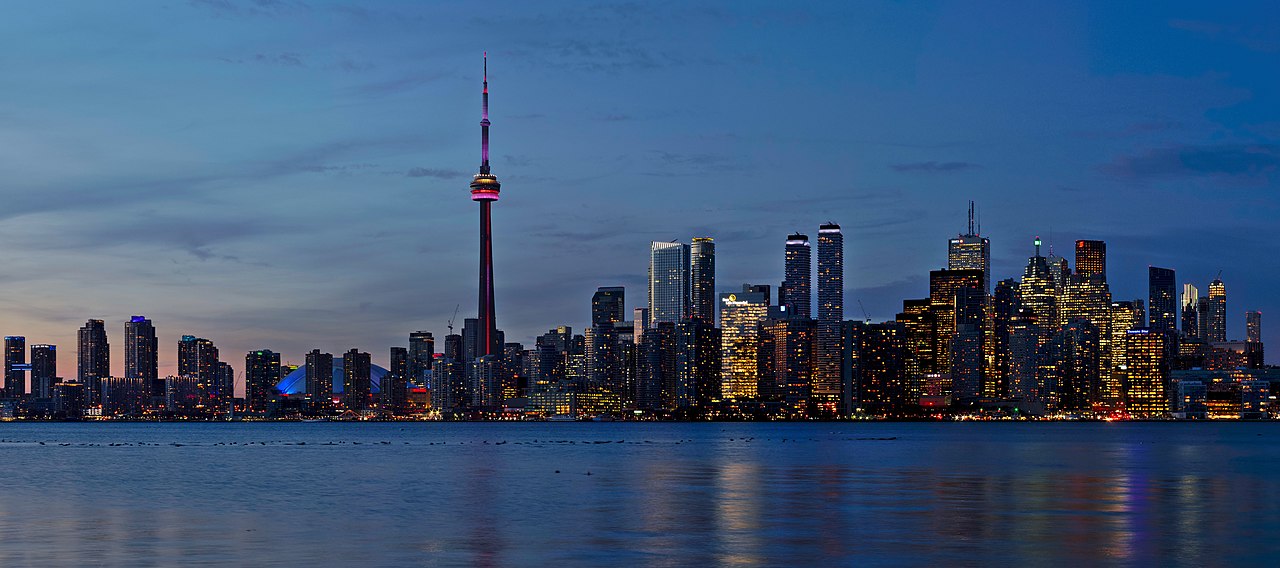Something for everybody here to think about is that a lot of military theorists now think that China might move up its invasion of Taiwan. Previously it was thought this might be attempted by the end of the decade. I was listening to a Twitter Spaces with
Australian Major General Mick Ryan (an excellent author and follow), and he thinks they've moved up their timeline to 3-5 years.
Few reasons:
1) The Chinese, like the Russians have invested massively in their armed forces over the last two decades. Don't buy all that stuff how they spend a fraction of the US. Authoritarian countries lie about their military spending.
2) The US and most NATO countries are substantially weakened after two decades in Iraq and Afghanistan. For example, we're facing massive rust out and obsolescence across the board in Canada. Big as the Americans are, they are also facing huge issues and are only just beginning to think about how to fight in the Pacific.
3) The hesitancy of allies to arm Ukraine in the first week, shows that any operation that is successful in a week will forestall intervention.
4) Advanced democracies have a very low threshold for economic pain. $2/L gas might be enough to flip a government here. Just imagine the public pressure from economic disruption in a Taiwan Straits conflict would bring.
The conventional wisdom was that China would back off after seeing Russia's failures in Ukraine. But General Ryan pointed out that the Chinese are likely to draw very different conclusions:
1) America and its allies are at a nadir in military power, while China is at a relative zenith coming out of its long modernization cycle, which massively focuses on amphibious operations and
anti-access area denial weapons that would prevent allies from saving Taiwan.
2) They should use overwhelming force. They will have to attempt to cut off Taiwan from the outside world and kill their government. Don't allow an underdog hero narrative like Zelenskyy and Ukraine to form.
3) Tight authoritarian control in China let's them maintain a focus on the war, while democratic countries get substantially distracted by the economic disruption at home.
The only thing that might give the Chinese pause would be how quickly Western sanctions came together. But even there, these sanctions weren't supported by the Global South and China is far more influential in the global economy than Russia.
I really wonder what Canada's response would be in such a conflict. We can't contribute much militarily. The real question is how willing we would be to decouple from China economically. We aren't even willing to stop money laundering from there now.







